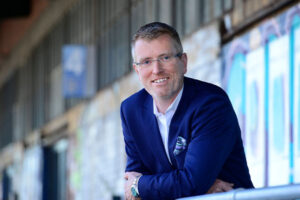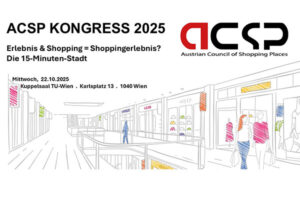▪ URW’s targets covering emissions from the Group’s operations (scopes 1 and 2) are consistent with reductions required to maintain global warming under 1.5°C, the most ambitious goal of the Paris Agreement.
▪ URW’s emissions target pertaining to its value chain (scope 3) meet the SBTi’s criteria for ambitious value chain goals, corresponding to the current best practices.
The SBTi is a collaboration between the Carbon Disclosure Project (CDP), the United Nations Global Compact, the World Resources Institute (WRI) and the World Wide Fund for Nature (WWF). The SBTi defines and promotes best practices in science-based target setting and independently assesses companies’ targets.
As part of “Better Places 2030”, URW has taken a strong commitment on climate change. On top of the SBTi recognition of its GHG emissions reduction targets, the Group has joined the Business Ambition for 1.5°C campaign. The Group’s leadership on climate change has once again been recognized by the CDP in its 2020 Climate Change assessment. For the third year in a row, URW achieved a score of “A”, the highest in this assessment. This top ranking confirms the relevance of URW’s climate change strategy and results achieved so far.
In 2016, URW defined an ambitious Corporate Social Responsibility (CSR) strategy, “Better Places 2030”, addressing the main challenges facing commercial real estate. This CSR ambition is integrated in all key decision-making processes, from the design of development projects to the construction, from everyday maintenance to regular improvements, from the relationship with retailers to the final experience provided to visitors. This approach fully integrates local authorities, start-ups, industry leaders, and the local communities. As part of Better Places 2030, URW committed to reduce by -50% its emissions across the value chain by 2030 in comparison with 2015 levels (-35% on construction, -80% on operations and -40% on transportation of visitors).
Julie Villet, Director of URW Lab and Group CSR, said: “The next few years are critical to achieve the ambitious objectives laid out by the Paris Agreement. As a leading commercial Real Estate player, we have a vital role to transform the industry at the pace and scale needed”.






